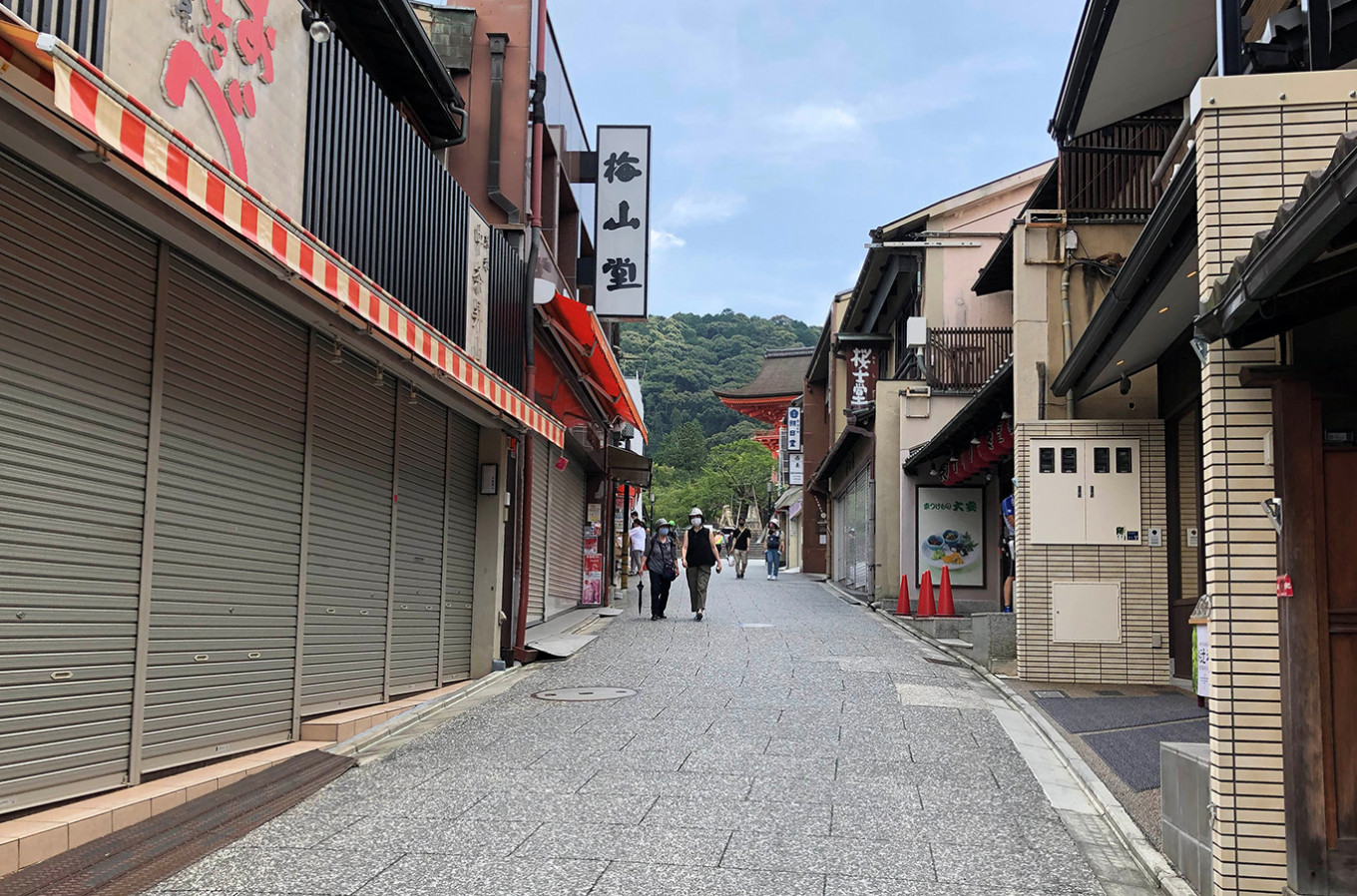Popular Reads
Top Results
Can't find what you're looking for?
View all search resultsPopular Reads
Top Results
Can't find what you're looking for?
View all search resultsInaction risks hate speech normalization in Japan
In Southeast Asia, hate speech against foreign nationals, including refugees and migrant workers has recently spiked amidst the COVID-19 pandemic. In Japan, the pandemic has fed into a right wing, anti-Chinese narrative.
Change text size
Gift Premium Articles
to Anyone
B
oth Southeast Asia and Japan are experiencing new forms of hate speech that are increasingly played out over social media platforms. Updated measures in Southeast Asia to tackle new forms of hate must move away from the negative impact of old rules that threaten democracy. The Japanese government, for its part, must take effective measures against the normalization of hate.
Asia Centre, in its latest report, Hate Speech in Southeast Asia: New Form, Old Rules, discusses these and other related matters in this 40 page report released on July 22.
Hate speech has no universally accepted definition. The United Nations has noted that in all of its forms, hate speech characteristics comprise any kind of communication in speech, writing or behavior, “that attacks or uses pejorative or discriminatory language with reference to a person or a group on the basis of who they are, in other words, based on their religion, ethnicity, nationality, race, color, descent, gender or other identity factor.”
Japan is no stranger to hate speech: UN human rights bodies have criticized Japanese government inaction in the face of virulent, racist hate demonstrations in minority neighborhoods of Tokyo and Osaka, calling for the mass expulsion, or even killing of ethnic Koreans and Chinese.
Apart from the historically race and religion based hate speech in Southeast Asia, newer forms of hate speech have emerged. These include hate speech directed at foreign nationals such as refugees and migrant workers; hate speech against the lesbian, gay, bisexual and transgender (LGBT) community; and hate speech based on political affiliation, ideology and values.
In Southeast Asia, hate speech against foreign nationals, including refugees and migrant workers has recently spiked amidst the COVID-19 pandemic. In Japan, the pandemic has fed into a right wing, anti-Chinese narrative.
Hate speech against migrant workers and refugees has also started to emerge over recent years: in 2015, for example, a meme made by a right wing manga artist calling refugees cheats living the good life on other people’s money went viral. It’s notable that, at the outset of the COVID-19 pandemic, Japan closed its borders not only to foreign visitors, but foreign nationals who had lived and worked in Japan for years.
In order to address hate speech a mixture of legal measures have been adopted.
Though long reluctant to take any measures, Japan finally adopted a law against hate speech in 2016. This law is largely aspirational, though, and its provisions and lack of any teeth do not live up to international standards. In particular, the law does not prohibit hate speech against undocumented foreign nationals — a glaring omission.
The good news in Japan is that national legislation has at least spurred local governments to act, and hate demonstrations are not taking place with the frequency they were before. Nevertheless, it is of concern that some forms of hate speech — or at least the discriminatory attitudes behind them — may have simply been normalized, as can be seen in the recent Tokyo governorship elections.
One candidate, a former head of prominent extremist right wing organization that was responsible for many hate demonstrations, received 180,000 votes on a xenophobic platform that blamed foreigners and ‘leftists’ for all the country’s woes.
To date both new and old laws in Southeast Asia and in Japan do not adequately recognize new forms of hate speech. Further the domestic legal framework concerning the incitement to hatred do not provide the rights acknowledged required of international law.
Here it is also important to note the language used by state officials, which sets a tone for how the media and wider population respond to others within the community. Hate speech in society towards others often reflects the discriminatory and prejudicial language by government officials and political leaders.
Hate speech is an attack on democratic values but care must be taken in addressing to preserve freedom of expression. Hate speech, to begin with, stifles free and open debate, affects electoral democracy at all levels and incites uncivil political discourse. Targeted communities, especially vulnerable communities, are hesitant to engage in open public debate.
While one cannot outlaw hate speech as such, to preserve free and open democratic discourse all countries must abide by their obligations under international human rights law to prohibit incitement to discrimination, hostility and violence.
Hate speech is a plague that all governments, civil society, citizens and business organizations must root out to foster a more peaceful, just and inclusive society.
***
James Gomez is regional director of Asia Centre, a not-for-profit organization working to create human rights impact in the region. Saul J. Takahashi is Asia Centre Advisory Board member and professor of Human Rights and Peace Studies at Osaka Jogakuin University. This opinion piece is adapted from Asia Centre’s latest report, Hate Speech in Southeast Asia: New Form, Old Rules.









